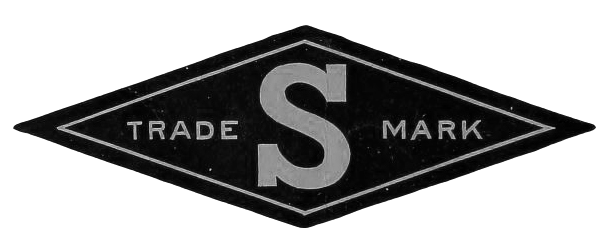WAR HORSE
By Gary Murray
Starring Michael Wyatt Cox, Andrew Veenstra and Jason Loughlin
Based on the novel by Michael Morpurgo
Adapted by Nick Stafford
In association with Handspring Puppet Company
Like most people, War Horse came on the radar screen through the Steven Spielberg film. The story is of a boy and his horse and the journey of reconciliation in war torn World War I Europe. The film was nominated for many Oscars that year.
Unknown to most people, the film was a multi-award winning play from the UK. The work was a joint venture from the National Theater of Great Britain and the Handspring Puppet Company from South Africa. The touring edition of the work plays at the Windspear Opera House as a part of the Lexus Broadway Series
The story starts in the days before the first Great War in rural UK. Billy (Michael Wyatt Cox) is a farm boy struggling to keep the family farm solvent. As the play opens, he and his father are in a bidding war for plow horse. Dad, never one to back down from a confrontation, spends too much for the animal, putting his entire farm in jeopardy. Almost as instantly, a bond between the young man and the young beast is formed.
Flash forward a few years and the horse, now named Joey, catches the attention of just about every person in the county. Dad, in a drunken betting frenzy, makes a wager that Joey can be a plow horse. Billy trains the stead and it eventually takes to the harness, winning the bet. Then the bells of war begin to toll.
Dad sells Joey to an officer in the British Calvary. The officer promises Billy that he will do everything he can to protect the horse and bring him back. The play goes incredibly dark as the horse and troops take the French country side to stop the Kaiser, a war that will take years and not the few months that everyone thinks it will take.
As the war breaks, Joey and another horse are captured by the Germans. The soldiers take the beasts and use them for their side. The killing becomes too much for one soldier and he takes the horses into a more rural part of the French countryside. There he meets Emilie, a young French girl who cares for the horse. As the years drag on, Joey is taken back to the front lines in order to drag a giant gun to the front. At the front is Billy, who joined the fight so he could find his horse.
The play ties itself up in a nice little bow where human and horse are reunited. War Horse doesn’t break any new storytelling ground by going far from basic drama formulas.
People are going to see this film to see how the Handspring Puppet Company does the animals. It is an impressive feat of puppetry, where three people are different parts of the animal. There are two major animals in the production as well as half a dozen other beasts. Jon Hoche puppets a goose, which becomes both a special effect and comic affect.
Once one gets used to the trio of people playing the horses, one loses oneself in the magic of the skill these puppeteers demonstrate. Within a few minutes, the audience is caught up in the fiction of the work and not the technical considerations of the people on stage.
Some of the expositions are done with a giant projection screen. They capture the idea of war with minimal effort, which works in its favor. The starkness of men dying is presented almost in black and white contrasts. With just a few props (and one big tank) the grand palate of global war is creatively suggested.
Michael Wyatt Cox is the biggest human star on the stage and he does his best not to be upstaged by his inanimate animated co-stars. We feel his pain when Dad sells his horse. His drive to reunite with Joey is admiring to witness. It is the kind of role that gets noticed by Broadway producers and casting agents.
The story of War Horse is of the futility of man in a world at war, shown through the eyes of a stallion. The play doesn’t take sides and by switching sides, the audience gets the insane madness that is battle. It is a strong statement against conflict by gunfire as well as a statement about the bond between man and beast.
The difference between the show and the film, other than the technical aspects, is the humor. Where the film had few moments of levity, the theatrical production was full of cleaver and funny moments that never distracted from the seriousness of the subject presented. By seeing the play, one knows where Spielberg went wrong in his adaptation.
To call War Horse a play does not do justice to the work. It is an experience unlike any theater experience ever presented on stage. This is a must see show that will deeply touch everyone.
